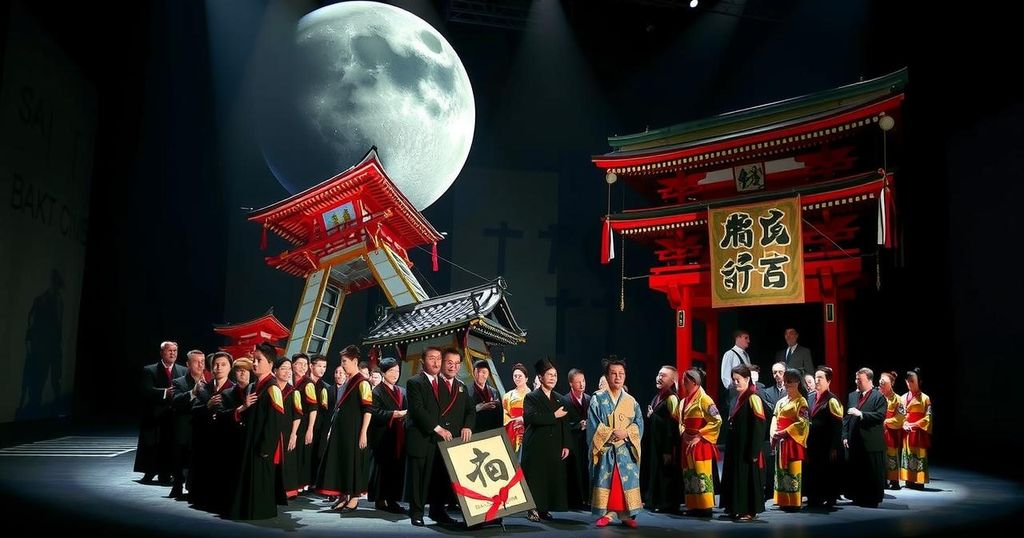The Enduring Legacy of Kyoto: Climate Negotiations and Fossil-Fuel Lobbyists

The article discusses the ongoing challenges in climate negotiations, emphasizing the impact of fossil-fuel lobbyists on agreements established since the 1997 Kyoto Protocol. John Prescott’s announcement in Kyoto marked a pivotal moment in climate action, yet efforts have often been stymied by influential opposition. The Royal Shakespeare Company’s play, “Kyoto,” focuses on the obstructionist tactics of attorney Don Pearlman, illustrating the complexities of achieving substantial climate action despite incremental advances.
The narrative surrounding Kyoto’s climate deal illustrates a consistent cycle of hope, frustration, and modest achievements in international climate negotiations. On December 11, 1997, John Prescott, the former UK environment secretary, famously awakened drowsy journalists to announce that developed nations had finally committed to cutting greenhouse gas emissions. Though this moment marked a pivotal point in climate history, it has been marred by the continual interference of the fossil-fuel lobby, striving to hinder progress at every turn.
The Royal Shakespeare Company is now presenting a play titled “Kyoto,” which chronicles the efforts of Don Pearlman, an influential New York attorney who, until his death in 2005, adeptly obstructed advancements in climate agreements. The narrative emphasizes how, despite ongoing negotiations producing incremental progress hailed as victories, the promises often fall short of expectations, leaving environmental advocates seeking more comprehensive solutions.
The backdrop of this article centers on the history of climate change negotiations, particularly the Kyoto Protocol, which aimed to establish a framework for reducing greenhouse gases. The 1997 conference in Kyoto, Japan, was pivotal as it founded the first binding commitments for developed countries to reduce emissions. However, throughout these meetings, lobbyists representing fossil fuel interests have consistently undermined progress. This play reflects on the intertwining of politics and environmentalism, highlighting how vested interests can affect global climate strategies.
In essence, the legacy of the Kyoto conference and subsequent climate talks illustrates the persistent struggle between environmental imperatives and powerful opposition from the fossil-fuel sector. The play “Kyoto” sheds light on the complexities of negotiation processes and the often frustrating pace of progress in the face of entrenched interests. As the global community faces urgent climate challenges, understanding these dynamics remains crucial for fostering meaningful change.
Original Source: www.theguardian.com






